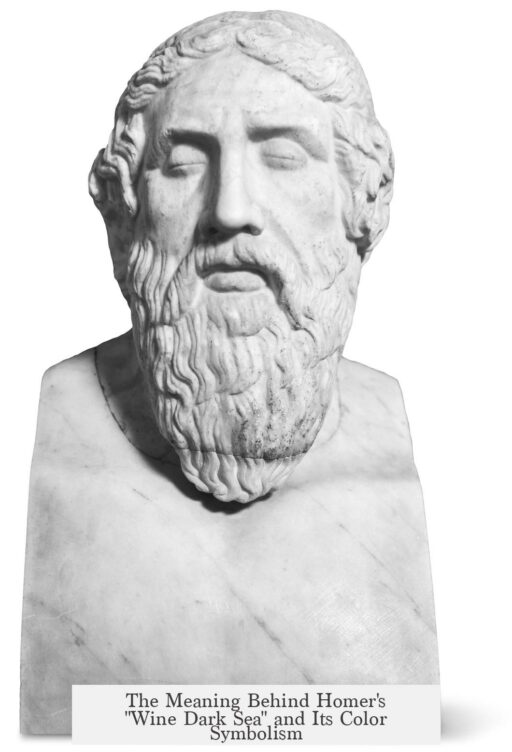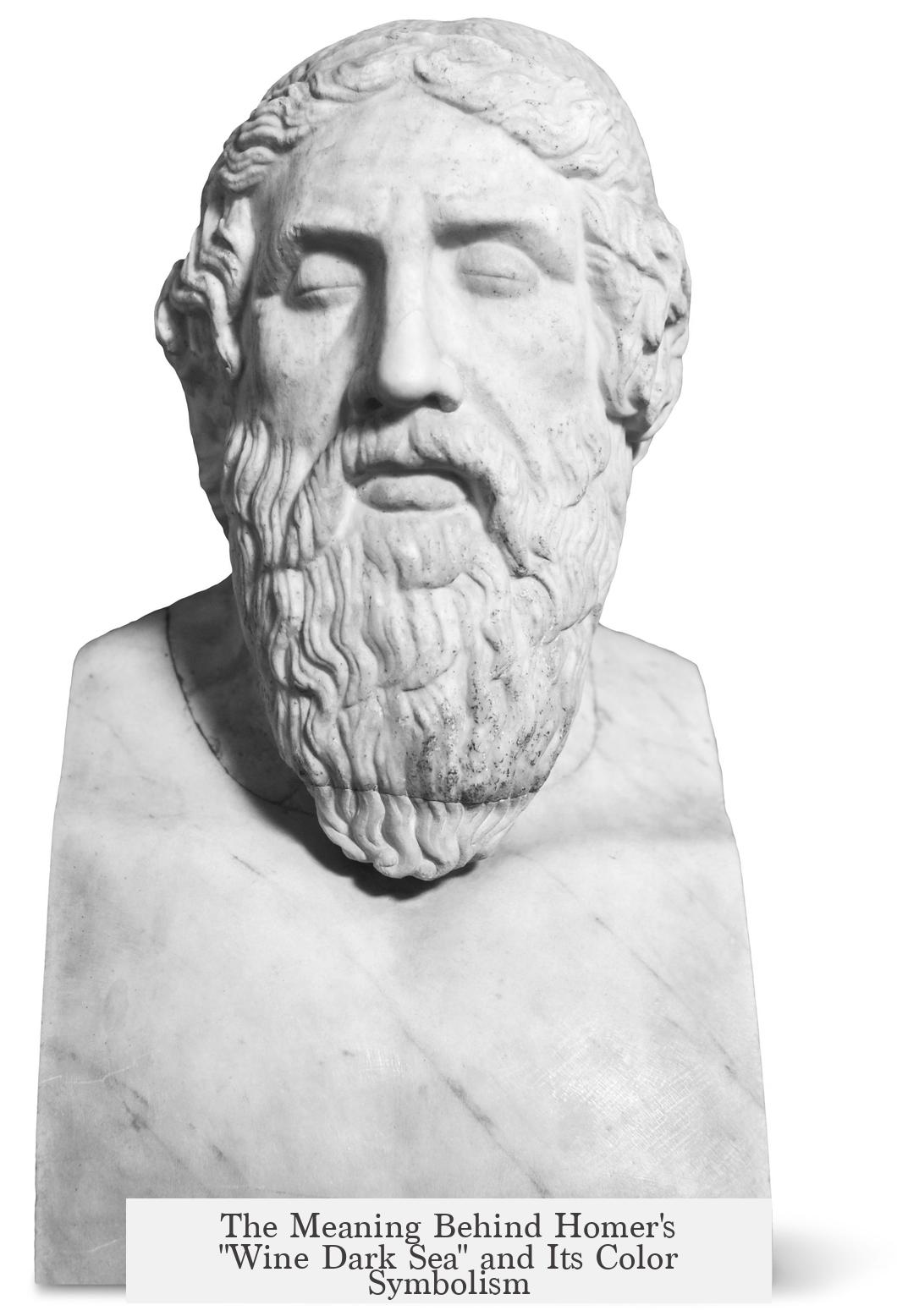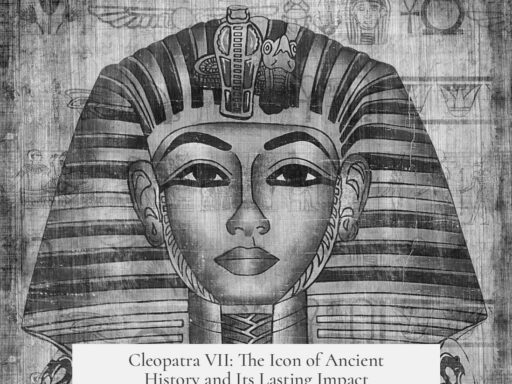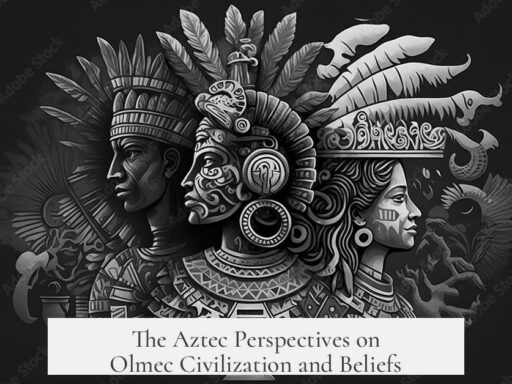Homer’s phrase “wine-dark sea” (Greek: οἶνοψ πόντος, oinops pontos) refers to the sea described with a colour resembling wine, although the exact meaning remains unclear and debated among scholars.
The Greek adjective oinops literally combines oino- (wine) and -ops (appearance or look), suggesting a “wine-like” or “wine-faced” colour. Ancient lexicographers, like Hesychius, gloss this term with words meaning dark, crimson, brown, or black. He also connects a related adjective oinōpon to a range of hues—blue, purple, to red—and to a brilliant, shimmering effect. Yet, this mix of colour references complicates a straightforward interpretation.
The uncertainty begins with the broader issue of Homeric colour terminology. Homeric Greek does not categorize colours as modern European languages do. It likely had fewer basic colour terms and grouped colours differently. The ancient Greeks might not have had a clear concept of “blue” separate from other dark or shining colours. Thus, the sea, often perceived in varying light as dark, shimmering, or reddish-brown, could have been poetically described as “wine-dark.”
Another facet of the phrase’s ambiguity lies in possible metaphorical or symbolic meanings. Scholars compare the “wine-dark sea” to phrases like “bronze sky” or “bronze-voiced,” which in Homer indicate more than literal colour, often conveying qualities such as harshness, death, or severity. This suggests that “wine-dark” could evoke mood or atmosphere rather than precise colouration.
Comparative research further enriches interpretations. In 1978, C. H. Gordon argued that “wine-dark sea” was a poetic phrase common in eastern Mediterranean cultures, paralleling Hebrew expressions linked to wine colour. This implies a traditional literary context influencing Homeric epithets.
R. Rutherford-Dyer in 1983 suggested the term relates to observable phenomena: the Aegean Sea at certain times of day can reflect colours akin to wine due to lighting conditions, possibly at dawn or dusk. Such natural observations could underpin the epithet, linking Homer’s poetic imagery to real maritime views.
Other interpretations propose alternative senses for oinops. One theory posits it as a synonym for aithops, meaning shining or gleaming. Homeric singers, working within a strict oral tradition and metrical constraints, used stock phrases and epithets interchangeably. Thus, “wine-dark” might reflect a flexible choice to satisfy rhythm while evoking a shining, gleaming sea rather than a literal colour.
The oral tradition’s function also frames the epithet. Homeric epics derive from centuries of oral performance, where certain fixed epithets fulfilled metrical roles more than precise descriptive needs. Therefore, “wine-dark sea” stands as a memorable, striking phrase emphasizing the sea’s character rather than accurate colour depiction.
Ultimately, scholars like Stephanie West call the phrase “puzzling,” acknowledging that no single explanation fully resolves its meaning. The word oinops captures a spectrum of possible hues and metaphorical overtones. It may combine sensory experience, poetic convention, and linguistic context in a way that resists exact translation.
| Aspect | Details |
|---|---|
| Literal Meaning | “Wine-looking,” connected to dark red, brown, or purple hues |
| Metaphorical Use | Conveys mood or quality (sternness, depth), not just colour |
| Cultural-Linguistic | Homeric Greek lacked the modern colour “blue”; terms overlap |
| Oral Tradition | Fixed epithets fit meter; “wine-dark sea” partly a formulaic phrase |
| Natural Phenomena | Possible reference to sea’s colour at particular light conditions |
- “Wine-dark sea” is a Homeric epithet with ambiguous colour meaning.
- Oinops implies a wine-like appearance but spans a broad colour range.
- Homeric Greek’s colour vocabulary differs from modern languages.
- The phrase likely functions metaphorically and poetically as well as descriptively.
- The expression fits Homeric oral tradition and metrical patterns.
- Scholars remain divided; no definitive interpretation exists.
Uncorking the Meaning Behind Homer’s “Wine Dark Sea”
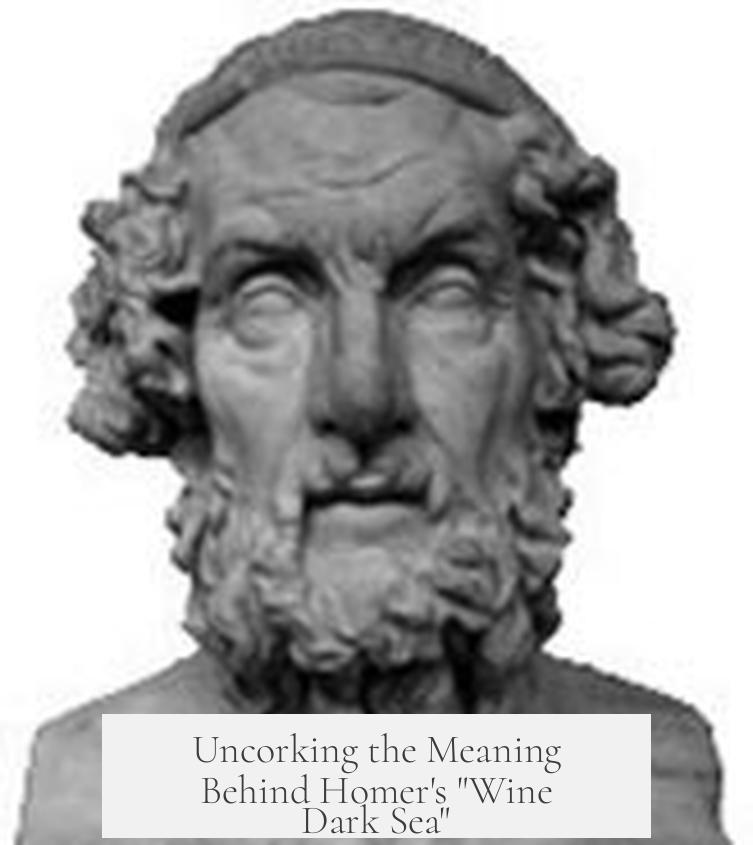
Have you ever paused while reading Homer’s epics and wondered, what does Homer mean by “wine dark sea”? It’s a phrase that tantalizes our imagination—a sea painted with the rich hue of red wine! But the truth is murkier than a glass of vintage merlot on a stormy night. Let’s dive into this ancient puzzle and swirl through the possibilities.
The Mystery Word: Oinops
Homer uses the Greek word oinops to describe the sea as “wine dark.” But what is oinops? The honest answer? We don’t really know. Scholars hang on an “even odds” on whether Homer meant to describe the sea’s color at all.
In Greek, oinops breaks down to oino- meaning “wine” and -ops meaning “looking” or “appearance.” So literally, it’s “wine-looking.” But was Homer describing a hue, a metaphor, or just tossing out an epitheton ornans—a decorative epithet—to suit the oral tradition’s rhythm? The debate is far from settled.
The Color Puzzle: Is It Really About Color?
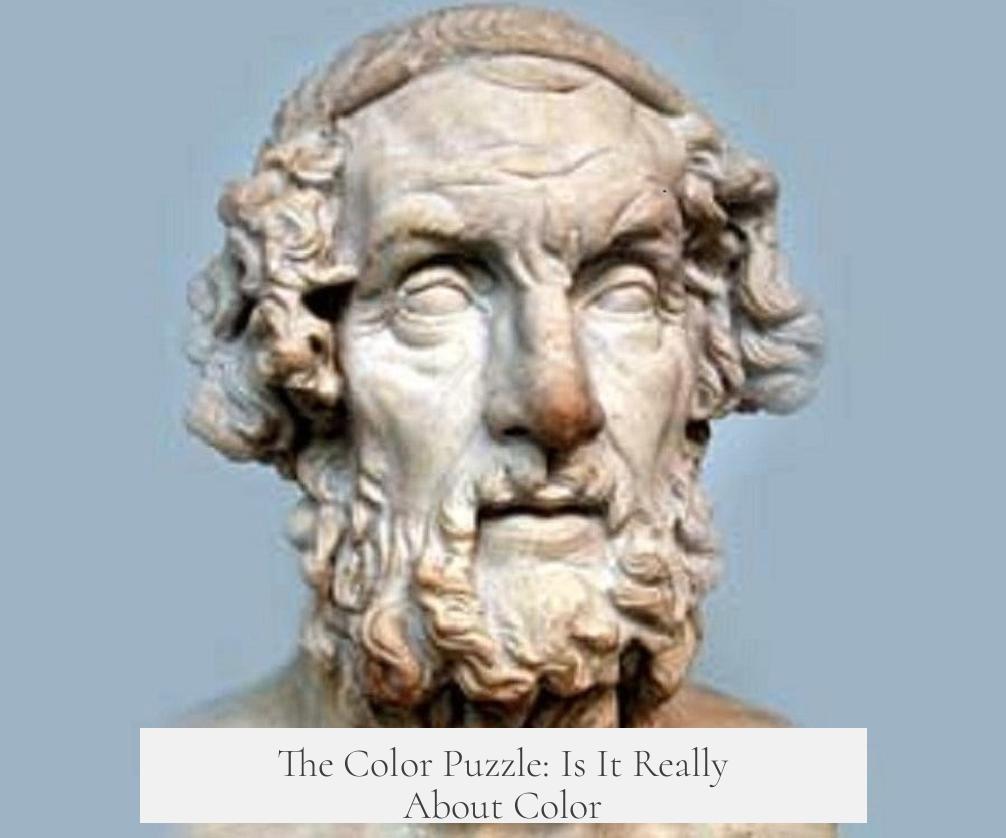
Even within Homeric Greek, color vocabulary isn’t straightforward. Words related to oinops are used in limited and somewhat ambiguous ways. Aristotle, decades later, uses oinōpos as a color term to describe the rock-dove, apparently a kind of dull, wine-like shade. The lexicographer Hesychius glosses oinops as melan—meaning dark, crimson, brown, or even black—which suggests something more complex than a straightforward “red wine” shade.
Then there’s oinōpon, linked to “brilliant color,” shimmering between blue, purple, and red. This might mean Homer’s “wine dark” is capturing a poetic blending of hues, not a flat paint swatch. Imagine the Aegean Sea glowing under sunset light, catching reds, purples, and deep blues—the perfect “wine dark” canvas.
More Than Just Colors: Metaphors and Epithets
Sometimes, Homer’s phrases are metaphorical rather than literal. Think about the “bronze sky” or “bronze sleep,” where bronze means hard, stern, or even deathly. Could “wine dark” be a metaphor for a threatening or mysterious sea? One that’s dark, deep, and perhaps foreboding, like the unknown darkness lurking beneath the waves?
In oral tradition, epithets like “wine dark sea” often fit metrical needs. Milman Parry, the pioneer of oral-formulaic theory, showed how these repeated phrases serve the rhythm and structure of the story more than strict description. Homer’s singers may employ “wine dark sea” as a go-to phrase to trigger a mood or image—rich, deep, and memorable—without aiming for scientific accuracy.
Scholarly Opinions: To Sip or Not to Sip
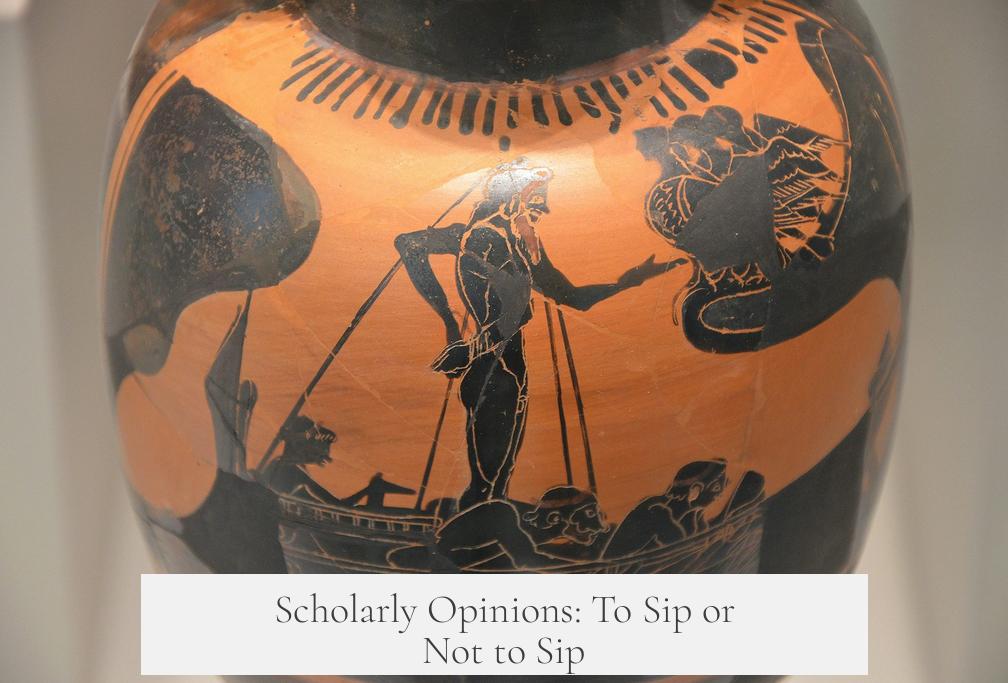
Scholars are divided—and intrigued. Stephanie West, a leading Homeric expert, simply calls the phrase “puzzling.” That’s a kind of scholarly tea-time shrug, acknowledging mystery without forcing answers.
Then we have thinkers like R. Rutherford-Dyer, who suggests “wine dark sea” reflects the actual Aegean Sea’s colors at certain times of day—imagine dawn or dusk, when the water might take on deep burgundy or violet shades. C. H. Gordon takes it further, linking Homer’s phrase to ancient Near Eastern poetic traditions, proposing the phrase descends from a shared regional metaphor for the sea’s color—rich, dark, wine-like hues crossing centuries and cultures.
Alternative Theories: Gleaming Like Shining Wine?
Some have speculated whether oinops is linked to aithops, meaning “gleaming” or “shining,” proposing the phrase means the “gleaming” sea rather than a specific color. This clever twist implies that poets might swap epithets depending on the meter required, much like a jazz musician improvising riffs.
Considering the oral tradition’s flexible use of language, that’s plausible. It also explains why the phrase is notable, memorable, and somewhat ambiguous—intentionally crafted or inherited from centuries of poetic habit.
Color Perception and Language: Why Wine Dark?

Modern eyes expect color to be precise and uniform. But *color* is a social construction and linguistic puzzle. Homeric Greek likely divided colors differently than modern languages. Blue, as a basic color term, might not have even existed. Instead, colors faded into spectra; the sea’s range from pale turquoise to deep indigo might all have rolled under one poetic label.
So, for Homer’s audience, the sea might have shared a visual space with dark wine hues—both perceived within a shared color family, not sharply divided as we do today.
Why Does It Matter?
Understanding why Homer uses “wine dark sea” connects us to ancient minds and oral traditions. It reminds us language evolves. It shows how poetry bends physical reality into evocative art. And it challenges our urge to fix meanings firmly, inviting us instead to savor ambiguity—like a complex vintage that reveals new notes each time you taste it.
So next time you face the phrase “wine dark sea,” remember:
It’s a splash of mystery, a dash of metaphor, and a pour of poetic technique—an ancient phrase as rich and layered as the sea itself.
Final Thoughts
Is Homer’s “wine dark sea” a literal color? Maybe not, or not exactly. Is it metaphor, oral tradition shortcut, poetic license, or a lost color term? Likely, it’s some, if not all, of these. The phrase stands out because it’s evocative and arresting. It invites readers—thousands of years later—to imagine the sea as something both familiar and elusive.
Next time you open Homer’s works, whether it’s the Odyssey or the Iliad, ask yourself:
- What does this phrase evoke for me?
- Could the “wine dark sea” shimmer crimson at sunset or loom dark and ominous in a storm?
- How might Homer’s world and language shape his vision differently from ours?
In the end, Homer’s “wine dark sea” is less about color science and more about poetic experience: A splash of imagination dipped in the deep waters of time.
